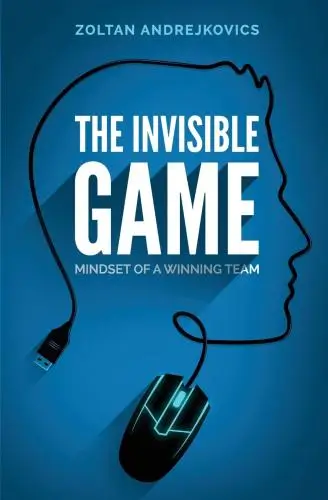The Invisible Game
Mindset of a Winning Team
What is The Invisible Game about?
The Invisible Game delves into the psychological and strategic depths of eSports, offering a unique perspective on the mental battles waged behind computer screens. This insightful book explores the mindset, teamwork, and leadership required to excel in the competitive gaming world. Andrejkovics combines personal anecdotes with professional advice, making it a must-read for aspiring gamers and anyone curious about the intricacies of this digital battleground.
About the Author
Zoltan Andrejkovics is a Hungarian author known for his thought-provoking science fiction novels, such as "The Codex of the Universe." His writing style is characterized by intricate plots, vivid imagery, and philosophical undertones. Andrejkovics often explores themes of identity, human nature, and the mysteries of the cosmos. Readers are drawn to his unique perspectives and ability to blend science with spirituality in a captivating way.
10 Key Ideas of The Invisible Game
Develop a Growth Mindset
Embrace challenges, persist in the face of setbacks, see effort as the path to mastery, learn from criticism, and find lessons and inspiration in the success of others. This mindset fosters resilience, adaptability, and a continuous learning attitude, crucial for overcoming obstacles and improving skills in competitive environments.
Learn DeeperSet Specific Goals: Break down your larger goals into smaller, manageable tasks. This makes it easier to track progress and maintain motivation. For example, if you're aiming to improve your skills in a competitive field, identify specific areas you want to enhance and set weekly targets.
Embrace Feedback: Actively seek out constructive criticism from peers, mentors, or coaches. View this feedback not as a personal attack but as a valuable resource for growth. Reflect on it and incorporate it into your practice.
Celebrate Small Wins: Recognize and celebrate your achievements, no matter how small. This reinforces a positive mindset and motivates you to keep pushing forward.
Practice Resilience: When faced with setbacks, instead of giving up, ask yourself what you can learn from the experience. Develop strategies to overcome similar challenges in the future.
Surround Yourself with Positivity: Engage with communities or individuals who support your growth and share your mindset. This can provide inspiration and motivation to continue improving.
- Example
If you're learning a new language and find certain aspects challenging, instead of feeling defeated, break down the learning process into smaller, focused sessions on the difficult parts. Celebrate each new word or grammar rule mastered as a win.
- Example
In a work setting, if a project doesn't go as planned, gather your team for a constructive review session. Discuss what went well, what didn't, and how you can improve next time. This turns setbacks into learning opportunities and strengthens the team's resilience.
Set Specific, Measurable Goals
Define clear, achievable objectives with specific timelines to focus your efforts and track progress. This approach helps in maintaining motivation, organizing training schedules, and making adjustments based on performance feedback, leading to more effective skill development and achievement of desired outcomes.
Learn DeeperWrite Down Your Goals: Start by jotting down what you want to achieve. Be as specific as possible. For instance, instead of saying 'I want to get better at chess,' say 'I aim to increase my chess rating by 200 points in six months.'
Break Down Your Goals: Divide your main goal into smaller, manageable tasks. If your goal is to run a marathon, start with running a certain distance each week and gradually increase it.
Set Deadlines: Assign a specific timeline for each task and the overall goal. Deadlines create urgency and help you stay on track.
Track Your Progress: Keep a journal or use an app to monitor your advancements towards your goals. This will help you see how far you've come and what needs adjustment.
Review and Adjust: Regularly review your progress. If you're not on track, don't be afraid to adjust your strategies or timelines. Flexibility is key to overcoming obstacles.
- Example
If your goal is to learn a new language, you might set a specific objective like reaching a B2 level in French within a year. To achieve this, you could break it down into sub-goals such as completing a language learning app's course level each month, practicing speaking with a native speaker for 30 minutes twice a week, and consuming media in French daily.
- Example
For someone aiming to transition into a new career field, a specific goal could be to land a job in that new field within the next nine months. This could involve breaking the goal down into tasks like dedicating two hours daily to learning relevant skills through online courses, attending one industry networking event per month, and applying to at least five jobs per week once the necessary skills are acquired.
Practice Deliberately
Focus on targeted practice sessions that address specific weaknesses or skills. This involves breaking down complex tasks into smaller, manageable components, practicing them intensively, and seeking immediate feedback. Deliberate practice leads to more efficient learning and faster improvement by concentrating efforts where they are most needed.
Learn DeeperIdentify Your Weaknesses: Start by pinpointing the areas you need to improve. This could be anything from public speaking to a specific technical skill. Be honest with yourself about where you're lacking.
Break It Down: Once you've identified a weakness, break down the skill into smaller, manageable components. For example, if you're working on public speaking, focus on one aspect at a time, like maintaining eye contact or improving your pacing.
Set Specific Goals: For each component you're practicing, set clear, achievable goals. This could mean aiming to speak in front of a small group without losing your train of thought before tackling larger audiences.
Seek Feedback: After practicing, seek immediate feedback. This could be from a mentor, peer, or even recording yourself to self-evaluate. Feedback is crucial for understanding what you're doing well and what needs improvement.
Repeat and Reflect: Practice regularly, but also take time to reflect on your progress. Adjust your practice sessions based on feedback and your own observations to ensure continuous improvement.
- Example
If you're looking to improve your coding skills, you might start by identifying a particular programming language or concept you're struggling with. Break it down by focusing on understanding basic syntax before moving on to more complex algorithms. Set a goal to complete a small project using this new knowledge, seek feedback from more experienced coders, and adjust your learning plan based on their suggestions.
- Example
For someone aiming to get better at cooking, begin by pinpointing a type of cuisine or cooking technique that challenges you. Break this down by practicing one recipe at a time, focusing on mastering one technique, like sautéing or baking, before moving on to another. Set a goal to cook a new dish each week, ask family or friends for their honest feedback, and use their critiques to refine your cooking skills.
Cultivate Team Synergy
Work actively to build trust, communication, and cooperation within your team. This includes understanding each member's strengths and weaknesses, setting common goals, and developing strategies that leverage collective skills. Effective teamwork enhances performance through coordinated efforts and shared problem-solving.
Learn DeeperEstablish Regular Team Meetings: Set up consistent times for team meetings to discuss progress, challenges, and strategies. This ensures everyone is on the same page and fosters a culture of open communication.
Conduct Strengths and Weaknesses Analysis: Have each team member identify their own strengths and weaknesses, then share with the team. This exercise promotes self-awareness and helps in assigning tasks that align with individual capabilities.
Set Clear, Common Goals: Work together to define clear objectives that are understood and agreed upon by all team members. This creates a shared direction and purpose.
Develop a Team Charter: Create a document that outlines team values, norms, and expectations. This helps in building a strong team culture where trust and cooperation are emphasized.
Encourage Peer-to-Peer Feedback: Implement a system where team members can give and receive constructive feedback. This can improve performance and strengthen interpersonal relationships within the team.
Celebrate Team Achievements: Recognize and celebrate milestones and successes as a team. This boosts morale and reinforces the value of collective effort.
- Example
A software development team conducts a weekly meeting where they review the past week's achievements, discuss any blockers, and plan the week ahead. This keeps everyone aligned and fosters a sense of accountability and collaboration.
- Example
A marketing team working on a campaign project utilizes a strengths and weaknesses analysis to assign roles. For instance, the most creative member takes the lead on content creation, while the analytical thinker focuses on data analysis and metrics. This strategic allocation of tasks leverages individual strengths for the team's benefit.
Deeper knowledge. Personal growth. Unlocked.
Unlock this book's key ideas and 100+ more. Learn with quick, impactful summaries.
Read Full SummarySign up and read for free!
The Invisible Game Summary: Common Questions
Experience Personalized Book Summaries, Today!
Discover a new way to gain knowledge, and save time.
Sign up for our 7-day trial now.
No Credit Card Needed

Similar Books

The Millionaire Fastlane
MJ DeMarco
Losing My Virginity
Richard Branson
Crush It!
Gary Vaynerchuk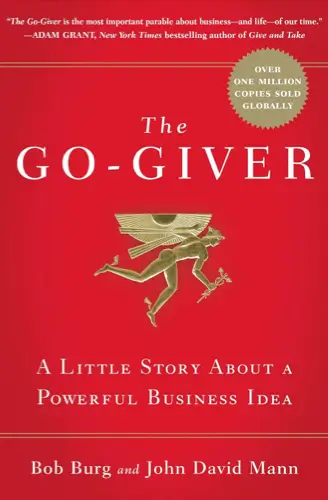
The Go-Giver
Bob Burg
Flow
Mihaly Csikszentmihalyi
Range
David Epstein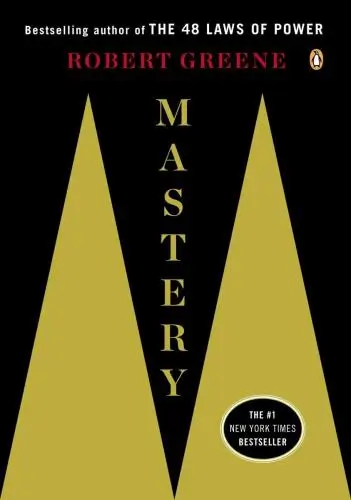
Mastery
Robert Greene
How Will You Measure Your Life?
Clayton M. Christensen
Designing Your Life
Bill Burnett
Lean In
Sheryl Sandberg
StrengthsFinder 2.0
Gallup
What Got You Here Won't Get You There
Marshall GoldsmithTrending Summaries

Peak
Anders Ericsson
Never Split the Difference
Chris Voss
Smart Brevity
Jim VandeHei
The Psychology of Money
Morgan Housel
The First 90 Days
Michael D. Watkins
Atomic Habits
James Clear
Thinking, Fast and Slow
Daniel Kahneman
The Body Keeps the Score
Bessel van der Kolk M.D.
The Power of Regret
Daniel H. Pink
The Compound Effect
Darren Hardy
How to Win Friends & Influence People
Dale Carnegie
Eat That Frog!
Brian Tracy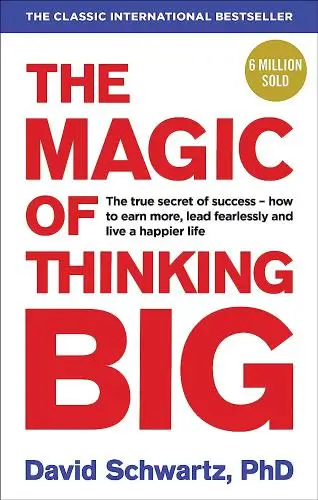
The Magic of Thinking Big
David J. Schwartz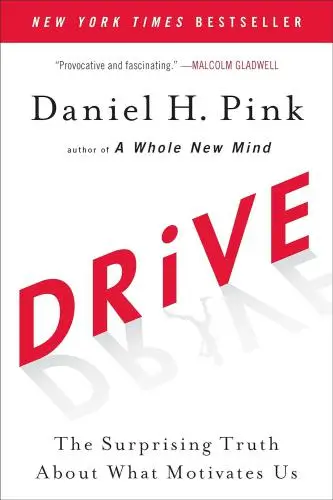
Drive
Daniel H. Pink
Essentialism
Greg McKeownNew Books

The Millionaire Fastlane
MJ DeMarco
Losing My Virginity
Richard Branson
Venture Deals
Brad Feld
48 Days to the Work You Love
Dan Miller
Anything You Want
Derek Sivers
Running Lean
Ash Maurya
Blitzscaling
Reid Hoffman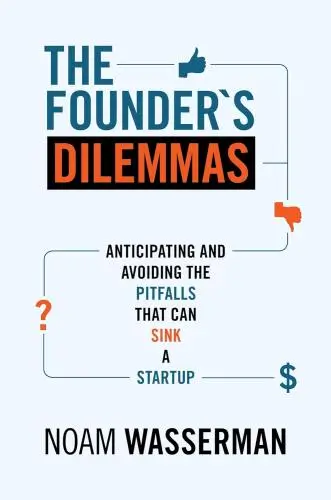
The Founder's Dilemmas
Noam Wasserman
Founders at Work
Jessica Livingston
The Startup Owner's Manual
Steve Blank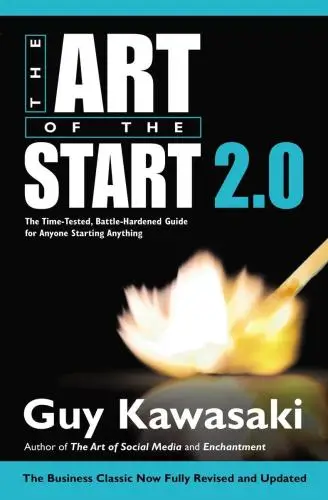
The Art of the Start 2.0
Guy Kawasaki
The Four Steps to the Epiphany
Steve Blank
Flash Boys
Michael Lewis
Crush It!
Gary Vaynerchuk
